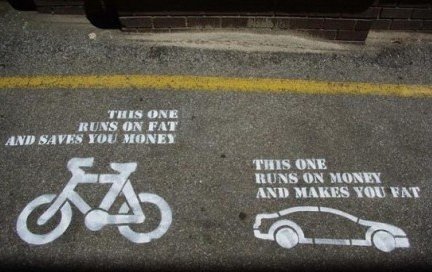Martin Kagerbauer, of Karlsruhe Institute of Technology (KIT), says people younger than 30 are buying cars when they are much older and even taking their driving test much later in life.
Kagerbauer said: "The generation aged under 30 drives fewer cars than it used to."
KIT researchers has analysed the transport used by 1500 people during a one-week period each year since 1994. With annual sales of about 315 billion euros in 2010, the auto industry is a crucial pillar of the German economy. In 2010, German automakers produced about 12.7-million cars worldwide with 709 000 employees, or one-seventh of the German workforce.
The survey showed that 18 to 30-year-olds are driving four km a week less than they did in 1995, while their weekly distance travelled on public transport has increased by 5.5 km.
Kagerbauer cited better public transport in cities, car sharing, bike rentals and online shopping as some of the reasons fewer young drivers were on the road.
Thies Hansen (26), a student at Humboldt University in Berlin, prefers to travel by bike and train and does not possess a driver's license or a car.
Hansen said: "It's not for ecological reasons or anything - driving a car is just really expensive and as a student I can't afford it,"
Eckehart Rotter, a spokesman for the German Association of the Automotive Industry, is not worried about the impact fewer young drivers might have on the future of the car industry.
Rotter said: "More and more young people are completing their degrees and don't need cars while they are living in university towns - it's not that we are losing clientele, they are just buying at an older age."
Nouvelles connexes



